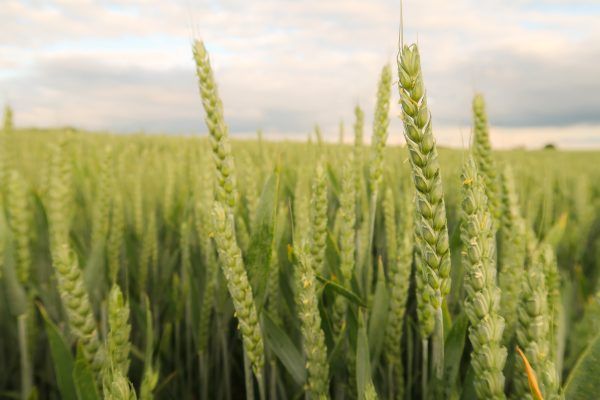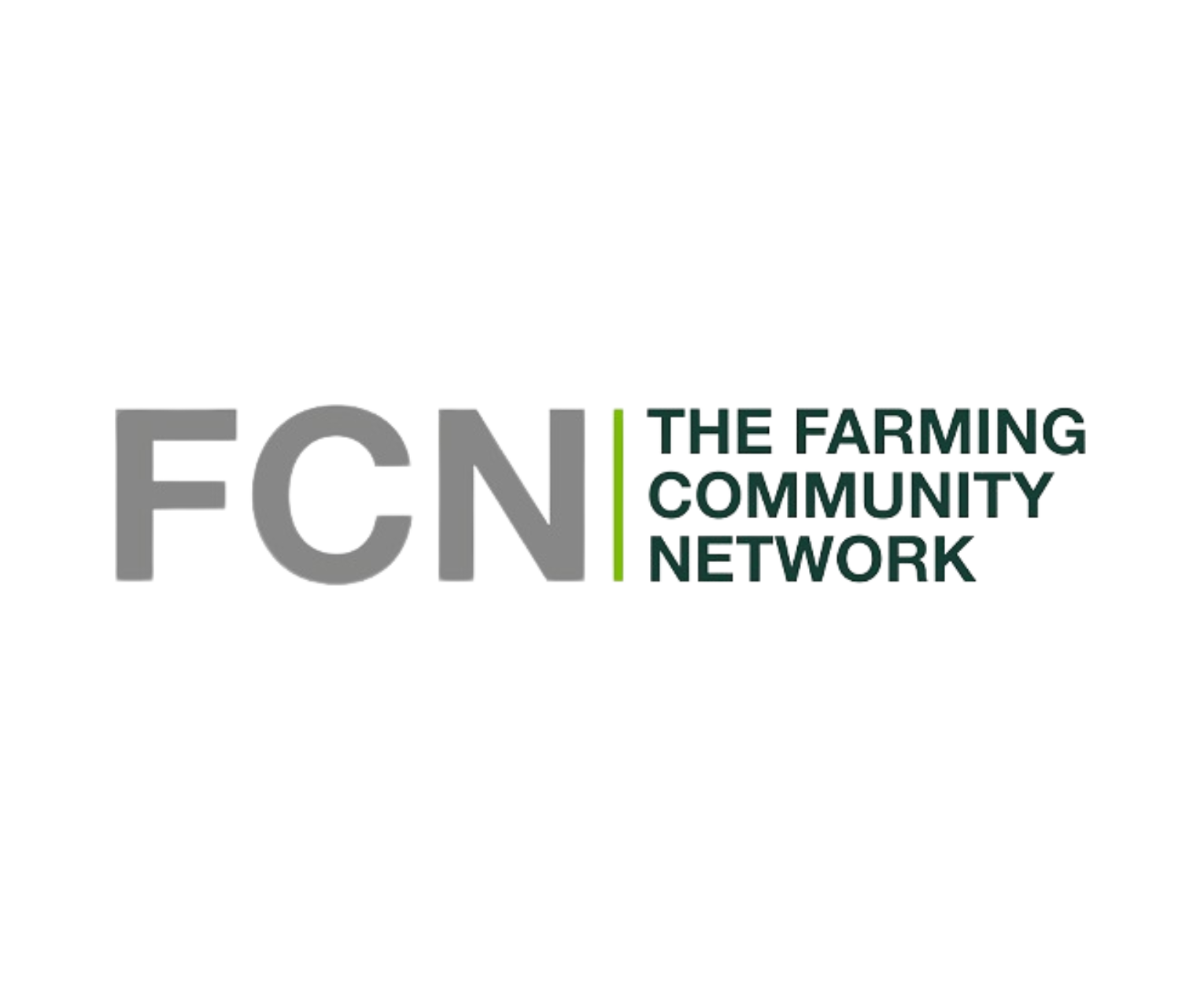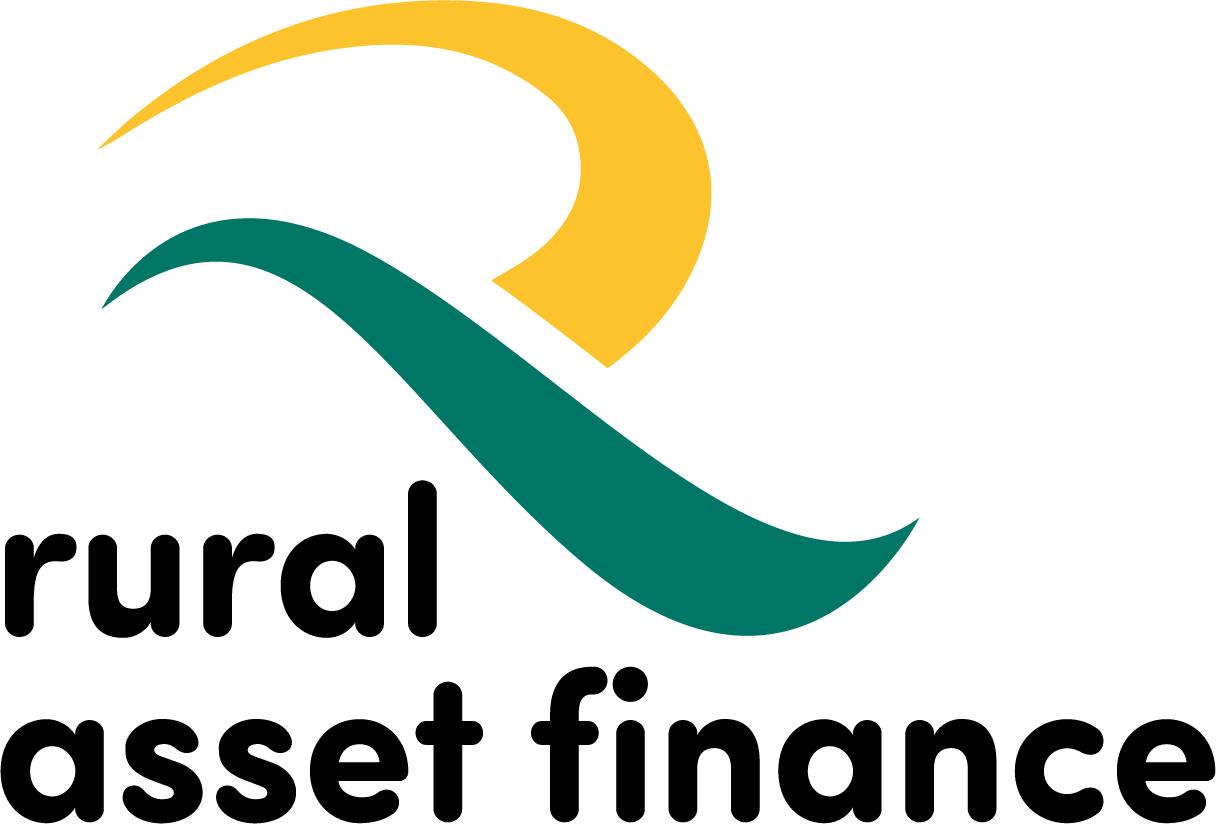Sustainable Farming with Liquid Nitrogen Fertiliser

Introduction to Sustainable Farming
Sustainable farming aims to meet society’s food needs without compromising the ability of future generations to meet their own. It involves methods that protect the environment, public health, human communities, and animal welfare. Unlike conventional farming, which often relies heavily on chemical inputs and practices that can deplete natural resources, sustainable farming focuses on long-term ecological balance.
The Role of Liquid Nitrogen Fertiliser
Nitrogen is a crucial nutrient for plant growth, directly influencing crop yields. Traditionally, solid nitrogen fertilisers have been used, but liquid nitrogen fertilisers are gaining traction due to their efficiency and ease of application. Liquid nitrogen fertilisers can be precisely applied, ensuring that plants receive the optimal amount of nutrients required for their growth, reducing wastage and environmental impact.
Advantages of Liquid Nitrogen Fertiliser
Boosting Crop Yields
One of the primary benefits of using liquid nitrogen fertiliser is its ability to boost crop yields. By providing plants with readily available nitrogen, these fertilisers enhance plant growth and development, leading to higher productivity. Additionally, liquid fertilisers improve soil health by promoting the growth of beneficial microorganisms, which play a vital role in nutrient cycling and soil structure maintenance.
Enhancing Soil Health
Liquid nitrogen fertilisers contribute to soil health by fostering the proliferation of beneficial soil microorganisms. These microorganisms enhance soil structure, improve water retention, and aid in the breakdown of organic matter, making nutrients more accessible to plants. This leads to healthier soils that can support sustainable farming practices over the long term.
Environmental Impact of Liquid Nitrogen Fertiliser
Reducing Carbon Footprint
The environmental benefits of liquid nitrogen fertiliser are significant. By reducing the amount of fertiliser needed through precision application, farmers can decrease their carbon footprint. Moreover, the efficient use of nitrogen minimises the risk of water pollution, as there is less leaching of nitrates into groundwater and surface water systems.
Minimising Water Pollution
One of the significant environmental challenges associated with traditional fertilisers is the leaching of nitrates into water bodies, leading to eutrophication and water quality degradation. Liquid nitrogen fertilisers, when applied accurately, reduce the risk of nitrate leaching, protecting water resources and supporting aquatic ecosystems.
How Liquid Nitrogen Fertiliser Works
Nitrogen Cycle
Understanding the nitrogen cycle is essential to grasp how liquid nitrogen fertilisers function. Nitrogen in fertilisers is typically in the form of ammonia, nitrate, or urea, which plants can readily absorb. Once applied, liquid nitrogen fertilisers penetrate the soil and are taken up by plant roots, where they are converted into proteins and other essential compounds that drive growth.
Absorption by Plants
Plants absorb nitrogen from the soil through their roots. Liquid nitrogen fertilisers, being in a readily available form, facilitate quick uptake by plants. This immediate availability is particularly beneficial during critical growth stages, ensuring that plants receive the necessary nutrients without delay.
Application Methods of Liquid Nitrogen Fertiliser
Foliar Feeding
There are several methods for applying liquid nitrogen fertiliser, each with its advantages depending on the crop and soil conditions. Common application methods include foliar feeding, soil injection, and integration with irrigation systems.
Foliar feeding involves spraying liquid nitrogen fertiliser directly onto plant leaves. This method allows for rapid nutrient absorption, especially useful during periods of high nutrient demand or when soil conditions limit nutrient uptake. Foliar feeding can quickly correct nutrient deficiencies and boost plant health.
Soil Injection
Soil injection involves delivering liquid nitrogen fertiliser directly into the root zone. This method ensures that the nutrients are available where they are needed most, promoting efficient uptake and reducing nutrient losses. Soil injection is particularly effective for deep-rooted crops and in situations where surface application might lead to runoff.
Irrigation Systems
Integrating liquid nitrogen fertiliser with irrigation systems allows for precise and uniform distribution of nutrients. This method, known as fertigation, combines irrigation with fertilisation, ensuring that plants receive a consistent supply of water and nutrients. Fertigation is highly efficient and can be tailored to the specific needs of different crops.
Case Studies of Successful Implementation
Numerous farms across the UK and globally have successfully implemented liquid nitrogen fertilisers in their sustainable farming practices. These case studies highlight the practical benefits and outcomes of using liquid nitrogen fertilisers in various agricultural settings.
Farms in the UK
In the UK, several farms have adopted liquid nitrogen fertilisers with remarkable results. For instance, a farm in Norfolk reported a 20% increase in wheat yields after switching to liquid nitrogen fertilisers. Similarly, a dairy farm in Somerset observed improved pasture quality and higher milk production due to the enhanced nutrient availability from liquid fertilisers.
Global Examples
Internationally, the use of liquid nitrogen fertilisers has also shown promising results. In the United States, a large corn farm in Iowa reported significant yield improvements and reduced fertiliser costs by integrating liquid nitrogen into their irrigation systems. In Australia, grape growers have seen better fruit quality and increased vineyard productivity through the use of liquid nitrogen fertilisers.
Challenges in Sustainable Farming
Despite the advantages, sustainable farming faces several challenges, including soil degradation and water management issues. Addressing these challenges is crucial for the long-term success of sustainable agriculture.
Soil Degradation
Soil degradation, resulting from erosion, compaction, and nutrient depletion, poses a significant threat to sustainable farming. Implementing practices that improve soil health, such as using cover crops and organic amendments, can mitigate these effects and promote sustainable soil management.
Water Management
Effective water management is critical for sustainable farming. With climate change leading to unpredictable weather patterns, farmers must adopt strategies that conserve water and enhance irrigation efficiency. Techniques such as drip irrigation and rainwater harvesting can help manage water resources sustainably.
Solutions to Overcome Farming Challenges
To overcome the challenges in sustainable farming, a combination of organic practices and technological innovations is essential. These solutions can enhance productivity while maintaining environmental health.
Organic Practices
Organic farming practices, such as crop rotation, composting, and the use of natural pest control methods, contribute to sustainable agriculture by improving soil health and reducing reliance on chemical inputs. These practices enhance biodiversity and support ecosystem services, which are vital for sustainable farming.
Technological Innovations
Advancements in agricultural technology offer promising solutions for sustainable farming. Precision agriculture tools, such as GPS-guided equipment and drones, enable farmers to monitor and manage their fields more effectively. Innovations in soil sensors and data analytics also help optimise resource use and improve crop management.
The Future of Sustainable Farming
The future of sustainable farming is bright, with ongoing technological advancements and increasing policy support driving progress. Sustainable practices are expected to become more widespread as the benefits become increasingly apparent.
Technological Advancements
Emerging technologies, such as artificial intelligence and machine learning, are set to revolutionise sustainable farming. These technologies can provide real-time data and predictive analytics, helping farmers make informed decisions and optimise their operations for sustainability.
Policy Support
Government policies play a crucial role in promoting sustainable farming. In the UK, initiatives such as the Environmental Land Management Scheme (ELMS) provide financial incentives for farmers to adopt sustainable practices. Globally, agreements like the Paris Climate Accord encourage countries to support sustainable agriculture as part of their climate action plans.
Government Policies and Support
Government support is vital for the widespread adoption of sustainable farming practices. Policies that provide financial incentives, technical assistance, and research funding can help farmers transition to more sustainable methods.
UK Agricultural Policies
In the UK, the government has introduced several policies to support sustainable farming. The Environmental Land Management Scheme (ELMS) offers payments to farmers who deliver environmental benefits, such as improving soil health and enhancing biodiversity. These policies encourage farmers to adopt practices that are both economically and environmentally sustainable.
Global Initiatives
Globally, initiatives like the United Nations’ Sustainable Development Goals (SDGs) promote sustainable agriculture as a key component of sustainable development. Programs such as the Food and Agriculture Organization’s (FAO) initiatives on climate-smart agriculture provide resources and support for farmers worldwide to adopt sustainable practices.
Economic Benefits of Sustainable Farming
Sustainable farming offers significant economic benefits, including cost savings and new market opportunities. By reducing input costs and improving resource efficiency, farmers can achieve greater profitability while contributing to environmental sustainability.
Cost Savings
Sustainable farming practices can lead to substantial cost savings. For example, using precision application techniques for liquid nitrogen fertilisers reduces the amount of fertiliser needed, lowering input costs. Additionally, practices that enhance soil health and water efficiency can reduce reliance on costly inputs such as water and chemical fertilisers.
Market Opportunities
There is growing consumer demand for sustainably produced food, creating new market opportunities for farmers. Products labelled as organic, eco-friendly, or sustainably sourced often command premium prices, providing farmers with additional revenue streams. This trend is supported by retailers and food companies seeking to meet consumer preferences for sustainable products.
Public Awareness and Education
Raising public awareness and providing education on sustainable farming are crucial for fostering a supportive environment for these practices. Training programs and community engagement initiatives can help farmers and the public understand the benefits and implementation of sustainable farming methods.
Training Programs
Educational programs that offer training in sustainable farming techniques can empower farmers to adopt these practices. Extension services, agricultural colleges, and non-profit organisations often provide workshops, courses, and field demonstrations to teach farmers about sustainable methods and technologies.
Community Engagement
Engaging the community in sustainable farming initiatives can build support and create a sense of shared responsibility. Community-supported agriculture (CSA) programs, farmers’ markets, and local food networks connect consumers with farmers, fostering a deeper understanding and appreciation of sustainable farming.
Sustainable Farming with Liquid Nitrogen Fertiliser – FAQs
How does liquid nitrogen fertiliser benefit sustainable farming?
Liquid nitrogen fertiliser benefits sustainable farming by providing precise nutrient application, which enhances crop yields and reduces environmental impact. Its efficient use helps maintain soil health and minimises water pollution.
What are the environmental advantages of using liquid nitrogen fertiliser?
The environmental advantages include reducing the carbon footprint due to lower fertiliser usage and minimising nitrate leaching, which protects water quality and reduces eutrophication risks.
How can farmers apply liquid nitrogen fertiliser effectively?
Farmers can apply liquid nitrogen fertiliser using methods such as foliar feeding, soil injection, and fertigation through irrigation systems. These methods ensure precise and efficient nutrient delivery.
What challenges do farmers face in adopting sustainable farming practices?
Challenges include soil degradation, water management issues, and the need for investment in new technologies and practices. Addressing these challenges requires a combination of organic methods and technological innovations.
How does government policy support sustainable farming?
Government policies support sustainable farming through financial incentives, technical assistance, and research funding. In the UK, programs like the Environmental Land Management Scheme encourage farmers to adopt environmentally friendly practices.
What are the economic benefits of sustainable farming?
Economic benefits include cost savings from reduced input usage and new market opportunities for sustainably produced products. Sustainable farming practices can improve profitability and open up premium markets for eco-friendly products.
Summary
Sustainable farming with liquid nitrogen fertiliser represents a promising approach to modern agriculture. By enhancing crop yields, improving soil health, and reducing environmental impacts, liquid nitrogen fertilisers support the goals of sustainable farming. With ongoing advancements in technology and strong policy support, the future of sustainable farming looks bright, offering economic, environmental, and social benefits.
Wanting to work with a reliable liquid fertiliser supplier in the UK? Nitrasol is exactly that.




.png)

